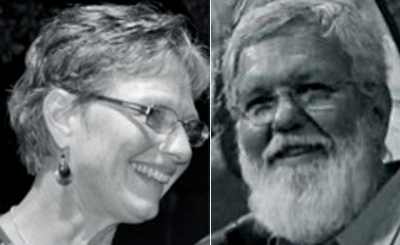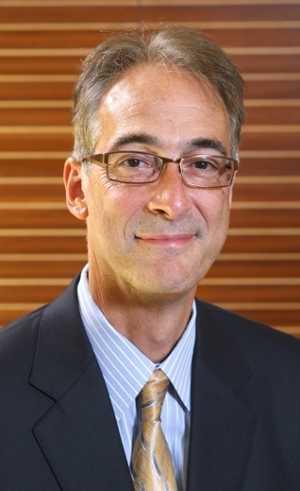- Kathy Windrem and Mike Adams
- Posted On
Voices of the Theatre: The importance of the arts to our community

How important are the arts to a community? The arts surround us every day in ways we may not realize; the design of our cars, the organization of our community and the style of the buildings we build.
The arts are reflected in the style of our dress, which reflects our own artistic expression of self. The arts are reflected in the movies we attend, the books we read, and the music we enjoy. The arts are the conduit by which our more inner and personal selves are expressed.
When we admire the artwork at the Lake County Arts Council’s First Friday Fling, enjoy a poem at a writers’ workshop, appreciate a quilt made by our ancestors, mother or a friend, or when we watch dancers at the Soper-Reese Theatre, we experience the arts at a personal level.
The arts express the personal artistic side in all of us, bringing us together through their various mediums.
The significance of the arts to a community and to the individual cannot be underestimated. Without art, a community – and individuals – cannot thrive.
When a community comes together to celebrate the arts, the flood of negative information from world conflicts, personal tragedy or political discourse may be seen in a different perspective.
The arts play an important role in the development of our young. Whether learning to create art, appreciate art, or studying art forms, their lives are enriched and their communities benefit.
In our Lake County schools the arts are integral to children’s development. Music, dramatic and literary exposure help them to grow and develop into interesting adults.
Coming events at the Soper-Reese:
- New Vintage Productions’ presentation of “Night at the Speak Easy,” Saturday, Feb. 9, 7 p.m.
- Second Tuesday Classic Movies presents “Pillow Talk,” Tuesday, Feb. 12. Matinée, 1 p.m.; evening showing, 6 p.m.
- Third Friday Live presents “Blue Collar” Friday, Feb. 15, and “The Funky Dozen” on Friday, March 15, 7 p.m. both nights.
- The Lake County Arts Council annual Winter Music Fest on Saturday, Feb. 23, 7 p.m., and Sunday, Feb. 24, 2 p.m.
- Lake County Live, live onstage radio broadcast on KPFZ 88.1 FM, Sunday, Feb. 24, 6 p.m.
- Professional Pianists’ Concert, benefit for the Lake County Friends of Mendocino College Sunday, March 10, 3 p.m. Featuring: Elena Casanova, Tom Ganoung, Tom Aiken, David Neft, Elizabeth MacDougal and Spencer Brewer.
- Bob Culbertson, “Celtic Waters” CD release, featuring special guests, Saturday, March 16, 7 p.m.
Finally, the Soper-Reese Community Theatre had the honor of hosting a celebration of 30 years of Bill Noteman and the Rockets.
Out of retirement for this event, Bill and the Rockets rocked the house, reminding us of the importance of the arts and relationships in a community.
Congratulations Bill, and thank you for enriching our community. We look forward to a return performance in January 2014, since we have now dubbed January “Bill Noteman and the Rockets Month” at the Soper-Reese Community Theatre.
Tickets for events are available at The Travel Center in the Shoreline Shopping Center, Monday through Friday, 9 a.m. to 5 p.m.
The theater box office is always open 2 hours before show time on the day of any event, and will be open again on Fridays from 10:30 a.m. to 5:30 p.m., starting on June 22. Tickets also can be purchased online at www.soperreesetheatre.com .
For all the latest in information, tickets and more go to www.soperreesetheatre.com , and we’ll see you at the theater.
Kathy Windrem and Mike Adams are part of the large volunteer group that run the Soper-Reese Community Theatre in Lakeport, Calif.








